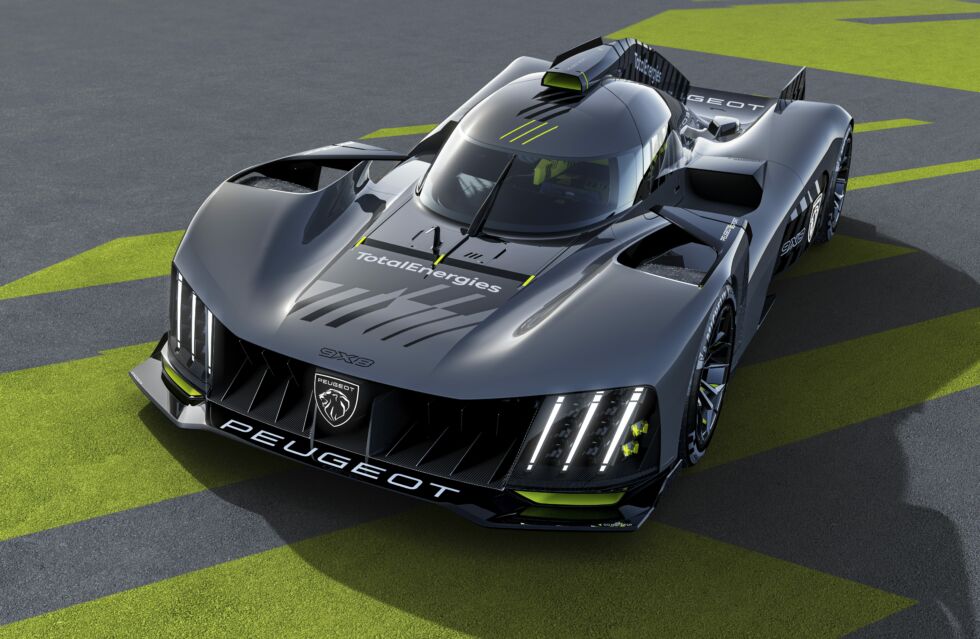-

Peugeot is returning to Le Mans for the first time in over a decade with a new hybrid prototype called the 9X8. [credit: Peugeot Sport ]
No race is as important to a French company like Peugeot as the 24 Hours of Le Mans. The annual endurance classic is arguably tougher than ever, now requiring not just complete reliability but also outright speed as the big hand goes twice around the clock. To up the pressure, it all happens in front of a larger crowd than practically any other sporting event you can think of. So after more than a decade's hiatus, Peugeot is returning to Le Mans with its eyes on the overall win. And the company hopes to do it with a new hybrid formally revealed to the world on Tuesday morning; it's called the 9X8.
Peugeot first saw success at Le Mans in 1992 and 1993, during the very final days of Group C. It then switched its attention to Formula 1 for a while, supplying engines to McLaren, Jordan, and then Prost with diminishing success. In 2007, Peugeot returned to endurance racing to face off against the might of Audi's domination, and in 2009 it beat the Germans at Le Mans with its 908 prototype. In 2012, the company was going to field a hybrid version of the 908 before the entire program was cancelled following an economic downturn for the business.
We got a brief golden era of hybrid endurance racers anyway between 2013-2017 as Toyota and then Porsche joined Audi in the LMP1h category at Le Mans. But LMP1h proved to be prohibitively expensive, even if it did give rise to some of the coolest racing cars to ever turn a wheel. The new Le Mans Hypercar (LMH) regulations are an attempt to fix that, allowing some (hopefully road-relevant) technical freedom and road car styling together with other measures meant to keep costs sane.
No comments:
Post a Comment